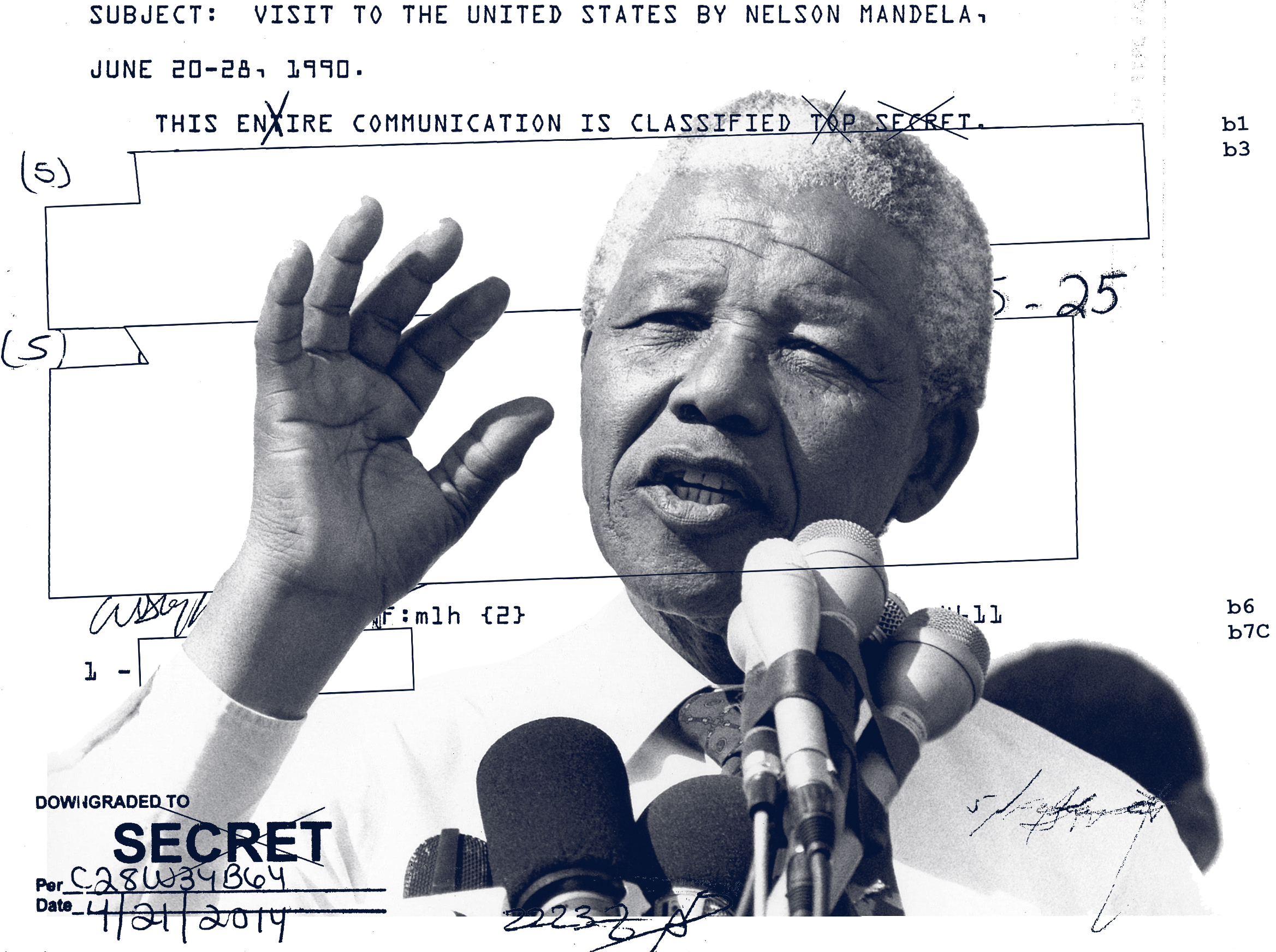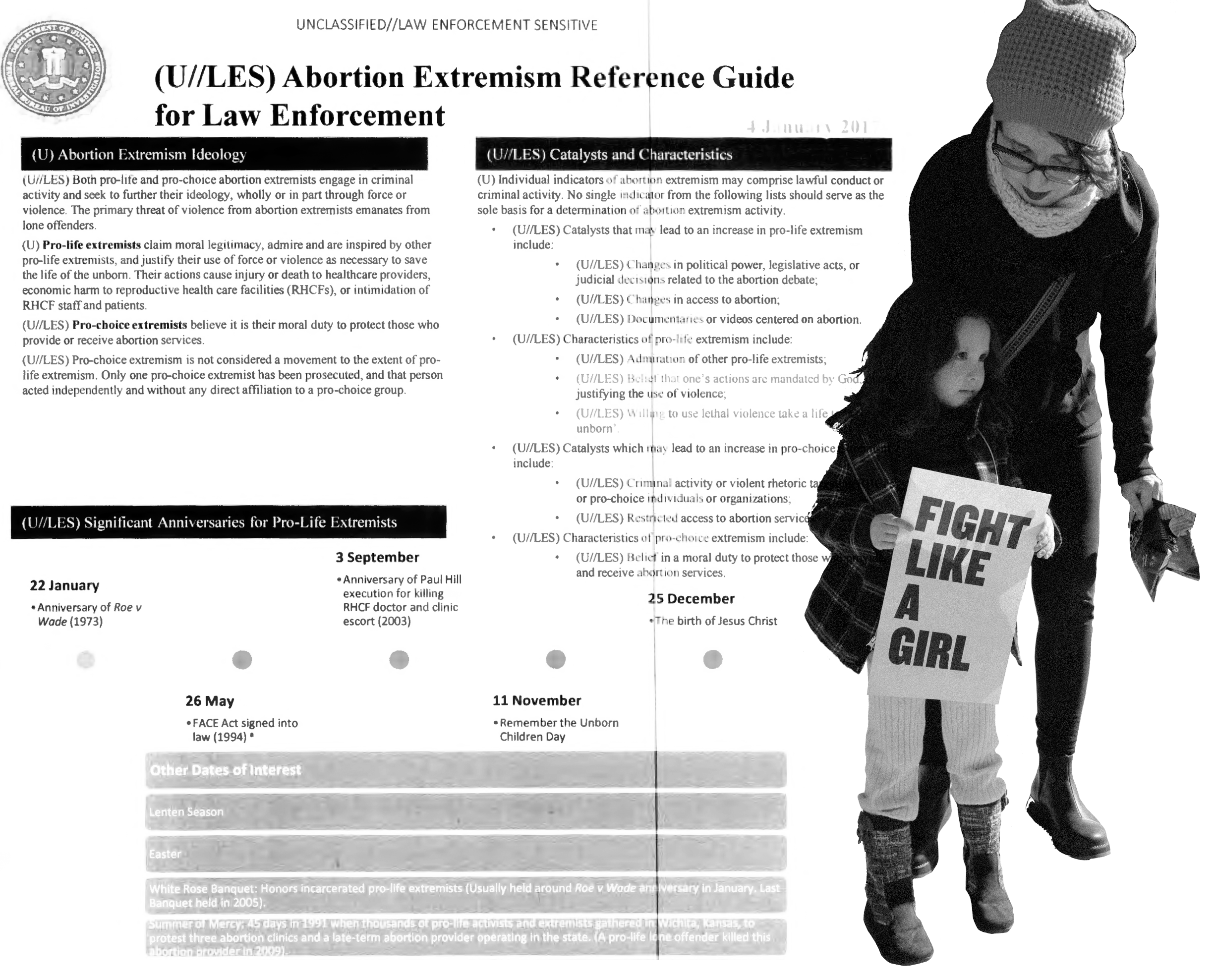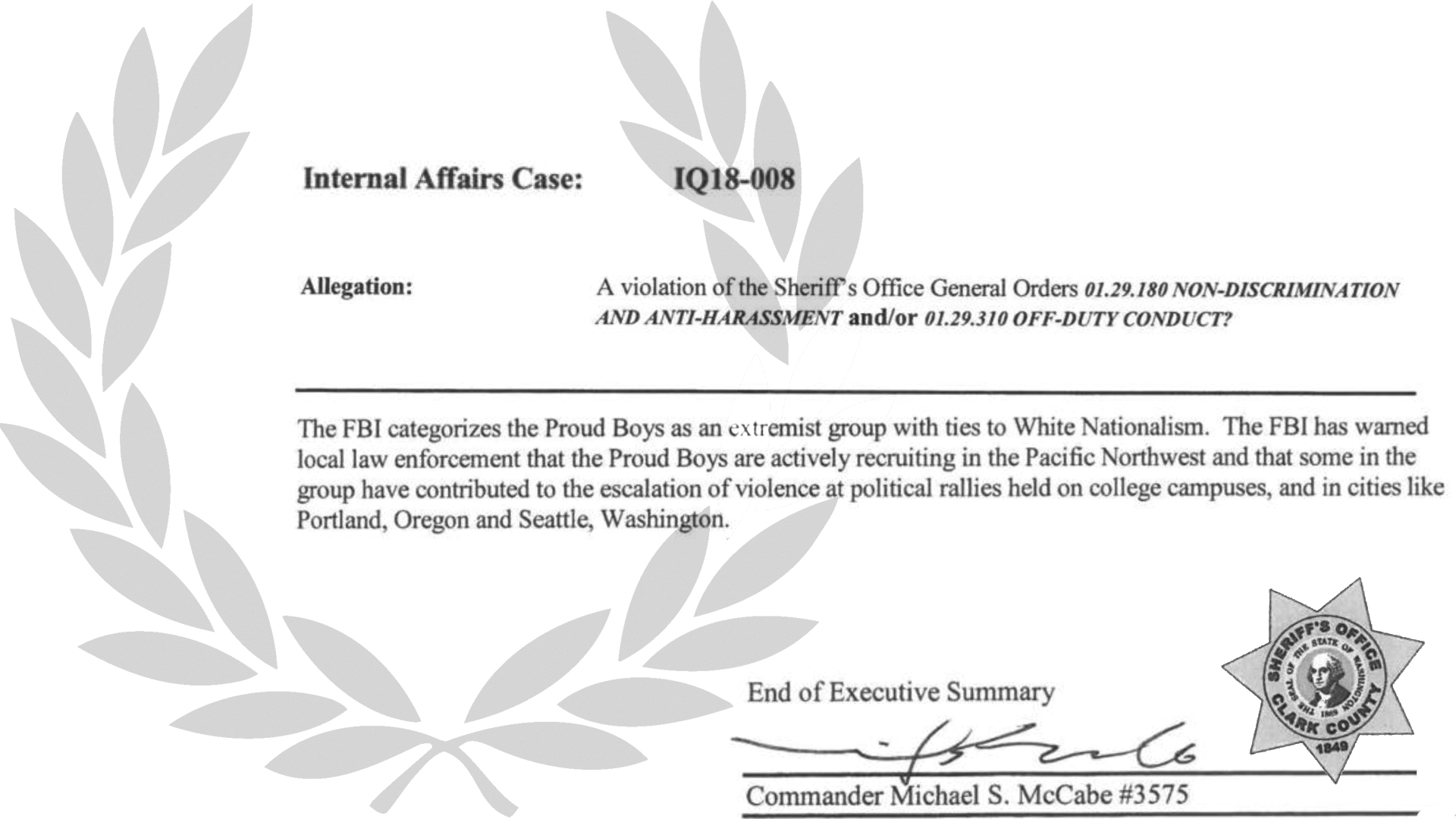CAMBRIDGE, MA — As revealed in an exclusive report by Jason Leopold for Al Jazeera America, Massachusetts Institute of Technology (MIT) PhD candidate Ryan Shapiro has received a second batch of documents from the FBI as part of Shapiro’s Freedom of Information Act (FOIA) lawsuit for records on Nelson Mandela. In the wake of recent NSA and FBI spying revelations, the documents obtained by Shapiro shed light on decades of politically motivated FBI surveillance, including the monitoring of Mandela’s post-prison meeting with a Yugoslavian President and the surveillance of Mandela’s meetings with activists in the USA.
The first batch of documents, received by Shapiro last month, exposed FBI spying on Mandela during his historic 1990 visit to the U.S. shortly after his release from 27 years in prison for anti-apartheid activities.
The newly released second batch of documents provides additional evidence of FBI monitoring and surveillance of Mandela’s activities, both prior to and following his release from prison. This included FBI monitoring of Mandela’s meetings with world leaders.
Further, the newly released documents also reveal FBI investigation of the South African and U.S. anti-apartheid movements as being Communist threats to American domestic security. Notably, these FBI “Communist” threat investigations of the anti-apartheid movement continued even after U.S. imposition of trade sanctions against apartheid South Africa, after Mandela’s release from prison, and after the fall of the Berlin wall.
Shapiro, a FOIA specialist, is an historian of the political functioning of national security and the policing of dissent. His pathbreaking FOIA work has already led the FBI to declare his MIT dissertation research a threat to national security. Shapiro is also suing the NSA, CIA, and DIA over those agencies’ failure to comply with his FOIA requests for records on Mandela. Shapiro is represented by FOIA specialist attorney Jeffrey Light.
Six key takeaways from the FBI’s latest release of documents to Shapiro:
1. The FBI monitored Mandela’s meetings with a foreign world leader and spied on his meetings with domestic U.S. dissidents.
In the first release of documents to Shapiro, we learned that although the FBI assisted in protecting Mandela on his 1990 U.S. visit, the Bureau also took that opportunity to spy upon the newly freed iconic anti-apartheid leader. Those documents revealed the FBI developed a confidential informant within or closely affiliated with Mandela’s U.S. entourage, and this informant provided the FBI not only with logistical information about Mandela, but also political information about Mandela and his associates.
The newly released second set of documents reveal further politically-motivated FBI monitoring and surveillance of Mandela upon his release from prison, including the monitoring of a meeting between Nelson Mandela and a foreign world leader. For example, in a newly released March 1990 document that is still largely classified “Secret,” the FBI is shown to have monitored[.pdf ] a meeting in Namibia between Mandela and Janez Drnovsek, then president of Yugoslavia and leader of the Non-Aligned Countries. The Non-Aligned Countries Movement was deeply supportive of Mandela and his anti-apartheid political party, the African National Congress (ANC).
Another newly released document, this one a heavily redacted June 1990 internal FBI communication, shows the FBI authorized a Philadelphia FBI agent or a Philadelphia FBI confidential informant to travel to New York City to surveil [.pdf ] a potential meeting between Nelson Mandela and members of the Puerto Rican nationalist movement. After concluding there was “at least a possibility of a personal meeting with Mandela” and the Puerto Rican activists, both the New York City and Philadelphia FBI field offices considered surveillance of this potential meeting to be a “necessity[.]”
2. The FBI monitored Mandela even before his release from prison.
Several of the newly released documents reveal FBI monitoring [.pdf ] of foreign and U.S. newspapers for information on Mandela while Mandela was still incarcerated. For example, two formerly classified “Secret” July 1989 documents show FBI language specialists clipped, and when necessary, translated press articles discussing a possible early release from prison for Mandela. The FBI’s language specialists then forwarded this information to FBI Counterintelligence supervisors. (For more on FBI Counterintelligence programs, see #3 below.)
3. The FBI investigated the South African and U.S. movements to end apartheid and free Nelson Mandela as Communist plots.
The newly released documents reveal that, just as it did in the 1950s and 1960s with Martin Luther King and the civil rights movement, the FBI aggressively investigated the U.S. and South African anti-apartheid movements as Communist plots. In one newly released still partially classified “Secret” July 1984 FBI internal teletype, the FBI highlighted [.pdf ] the purported communist associations of some supporters of African American U.S. Congressman George Crockett’s (D-MI) then-pending House resolution calling for “Freedom for Nelson and Winnie Mandela.” Another document, a newly released formerly classified “Secret” January 1985 record, shows the FBI viewed a newspaper petition [.pdf ] calling upon President Reagan to condemn Mandela’s continued incarceration as evidence of Communist Party USA (CPUSA) subversive activities. And a newly released August 1990 formerly classified “Secret” FBI internal communication reveals the FBI’s insistence [.pdf ] that support for a joint 1990 House resolution calling for establishment of a “Nelson Mandela/ANC Day” was Communist-inspired. In the document, the FBI is further shown to have insisted that the congressman who introduced the joint resolution, civil rights icon Charles Hayes (D-IL), was himself “a former member of CPUSA.”
4. The FBI understood these anti-Apartheid purported communist plots to be threats to American national security.
Not only did the FBI explicitly investigate the South African and U.S. anti-apartheid movements as communist plots, the FBI viewed these plots as menacing American national security. This is evident in the investigation classification codes utilized by the FBI in the newly released documents. As can be seen again and again in the newly released documents, the two FBI investigation classification codes most commonly associated with the FBI’s “Communist” investigations of the anti-apartheid movement were “100” and “229.”
The 100 classification signifies an FBI “Domestic Security” investigation. Not only do FBI “Domestic Security” investigations definitionally pertain to FBI investigations of perceived security threats, the 100 classification was the primary classification used by the FBI during its notorious and ultimately deemed to be unconstitutional COINTELPRO campaigns (see below) against the U.S. civil rights, free speech, and anti-Vietnam War movements, among others.
The 229 investigation classification signifies an FBI “Foreign Counterintelligence Matters” investigation. Several of the newly released documents also bear the “G-3” security code classification, which also signifies a Foreign Counterintelligence Investigation. Traditionally, counterintelligence entails the prevention of espionage, however the FBI has historically used term to mean spying on and disrupting political dissidents. The most obvious example is the FBI’s infamous COINTELPRO, or COunter INTELigence PROgram, in which the FBI unlawfully surveilled, infiltrated, and at times violently disrupted anti-war, civil rights, and other American political dissident movements. COINTELPRO targets included Martin Luther King, the National Association for the Advancement of Colored People (NAACP), Muhammed Ali, Students for a Democratic Society (SDS), and the National Lawyers Guild.
5. The FBI’s understanding of the anti-apartheid movement was so warped, one FBI field office felt compelled to internally refute the FBI’s distorted facts and analysis on the subject.
An especially illuminative August 1990 formerly classified “Secret” internal FBI teletype [.pdf ] from the FBI’s Chicago field office takes the Bureau’s official understanding of the ANCand the broader anti-apartheid movement unsparingly to task. In response to an FBI memo earlier that month describing the ANC as a “known Soviet front group,” the FBI’s Chicago field office provided a stunning rebuke, noting the Bureau’s “description of the ANC as a Soviet Front is an over-simplification which fails to recognize the complex and paradoxical nature of that particular organization […] which was, of course, founded before the Russian Revolution.” Over the course of nine pages, the FBI’s Chicago field office continued an unflinching education of the Director of the FBI and numerous FBI field offices on the history, methods, and mission of the ANC. This included information on the ANC’s decades-long commitment to “non-violent activism” prior to the South African government’s banning of the ANC in 1960, the ANC’s consequent adoption of “symbolic” sabotage tactics, the South African government’s consequent “life imprisonment for sabotage” of ANC leaders including Nelson Mandela, and the fact that the ANC “turned to the Soviet Bloc for support only after failing to enlist the support of the U.S. and Western Europe in their struggle against apartheid and its attendant inequities.” The FBI’s Chicago field office further noted the South African apartheid system was characterized by “official racism” and enforced “obvious inequities[.]” Additionally, the Chicago field office admonished the broader Bureau that, “It is, at this point in time, clear that any lasting settlement of South Africa’s future will involve Nelson Mandela and the ANC.”
6. As with the previous release, the FBI has again withheld a huge amount of information, and the NSA, CIA, and DIA have yet to release any documents at all.
Not only did the FBI withhold some pages in their entirety from this release, many of the records the FBI did release are heavily redacted. One such document, a still largely classified “Secret” 1993 NY FBI foreign counterintelligence memo pertaining to Mandela, involved a confidential informant who explicitly “provided [the FBI] political information[.]” [.pdf ] Additionally, The FBI justified its redactions and withholdings in this release in part by invoking FOIA exemptions pertaining to national security, the use of confidential informants, and perhaps most bizarrely, ongoing investigations.
Further, while the FBI’s latest document release is definitely problematic, the NSA, CIA, and DIA have yet to release any documents at all regarding Mandela in response to Shapiro’s FOIA requests and lawsuit. And these are the agencies most likely to posses records pertaining to U.S. intelligence community involvement in pro-apartheid South African affairs prior to Mandela’s 1990 release from prison. U.S. involvement in these affairs, including the likely involvement of the CIA in Mandela’s 1962 arrest, and the confirmed provision by the NSA of intelligence to the apartheid regime into the 1980s, are deeply shameful.
According to Shapiro:
“The newly released documents not only bring to light additional politically motivated FBI spying on Mandela, they also expose something even darker. The documents reveal that, just as it did in the 1950s and 60s with Martin Luther King and the civil rights movement, the FBI aggressively investigated the U.S. and South African anti-apartheid movements as Communist plots imperiling American security. Worse still, the documents demonstrate the FBI continued its wrong-headed Communist menace investigations of Mandela and the anti-apartheid movement even after U.S. imposition of trade sanctions against apartheid South Africa, after Mandela’s globally-celebrated release from prison, and after the fall of the Berlin Wall. Ultimately, what the documents reveal is the FBI’s unflagging conflation of social justice efforts with security threats, and the FBI’s cartoonish obsession with Communist Party subversion in the United States even as the Cold War itself crumbled into obsolescence.”
To arrange an interview with Ryan Shapiro please email or text Andy Stepanian at andy@sparrowmedia.net or 631.291.3010. You can follow Ryan Shapiro on twitter at @_rshapiro




